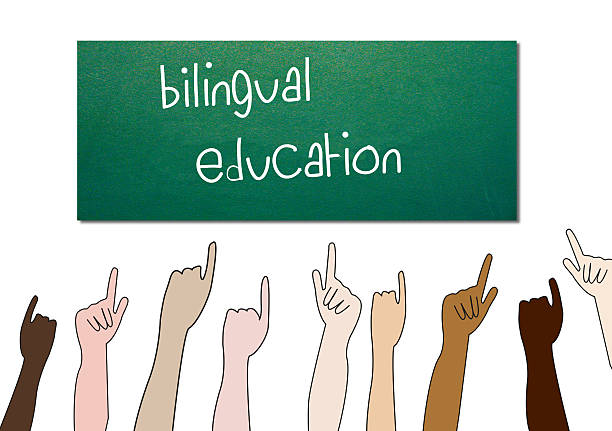Ph.D. in Curriculum and Instruction - ESOL/Bilingual Education: Introduction, Admission, Registration, Eligibility, Duration, Fees, Syllabus 2024

Introduction:
A Ph.D. in Curriculum and Instruction focusing on ESOL/Bilingual Education is designed for individuals who aim to deepen their understanding and expertise in teaching English and other subjects to non-native speakers. This program blends advanced research in linguistics, pedagogy, and curriculum development with practical teaching strategies to effectively serve diverse linguistic communities.
Admission Process:
- Application Submission: Complete an online application, including personal information and educational background.
- Transcripts and Records: Submit official transcripts from all undergraduate and graduate institutions attended.
- Letters of Recommendation: Provide three to four letters from academic or professional references who can attest to the applicant’s potential for success in a doctoral program.
- Statement of Purpose: Write a comprehensive statement outlining your research interests in ESOL/Bilingual Education and your long-term career goals.
- Resume/CV: Include a detailed resume or CV showcasing your educational, professional, and research experience.
- Interview: Participate in an interview, possibly including a teaching demonstration or research presentation.
Eligibility:
- Master’s Degree: A master’s degree in education, TESOL, linguistics, or a related field.
- GPA: A minimum GPA of 3.0 or higher, with higher requirements for some programs.
- Teaching Experience: Experience teaching in ESOL, bilingual, or multicultural settings is highly recommended.
- Research Experience: Demonstrated ability or potential for research as shown through publications, presentations, or research projects.
- Language Proficiency: Fluency in English and at least one other language is often required.
Completion Time:
Completing a Ph.D. in Curriculum and Instruction - ESOL/Bilingual Education typically requires 4-6 years, depending on whether the student is enrolled full-time or part-time, their dissertation topic, and the structure of the program.
Career Opportunities:
- University Professor: Teaching and conducting research in higher education institutions.
- Curriculum Developer: Designing ESOL and bilingual education programs for schools and educational districts.
- Educational Consultant: Advising schools, non-profits, and government agencies on best practices for bilingual education.
- Director of Bilingual Education: Leading bilingual programs at educational institutions.
- Policy Advisor: Developing and influencing language education policies at local, national, or international levels.
Syllabus:
- Foundational Courses: Theories of second language acquisition, sociolinguistics, and multicultural education.
- Research Methods: Qualitative and quantitative research methods in education.
- Core Courses: Curriculum design for ESOL, assessment in bilingual education, technology in language learning.
- Electives: Advanced linguistics, educational policy, teacher training for bilingual settings.
- Dissertation: Original research that contributes to the field of ESOL/Bilingual Education.
Internship Opportunities:
- School-based Practicum: Practical teaching experience in ESOL or bilingual classrooms.
- Research Internships: Participating in research projects focusing on language learning and teaching.
- Policy Internships: Working with governmental or non-governmental organizations on education policy.
- International Teaching: Opportunities to teach or conduct research abroad, especially in countries relevant to the student’s area of study.
Scholarships and Grants:
- Teaching Assistantships: Providing tuition assistance and a stipend in exchange for teaching or research duties.
- Research Grants: Funding for specific research projects or dissertation work, often available through universities or external organizations.
- Fellowships: Competitive awards based on academic merit and research proposals, aimed at advancing studies in ESOL/Bilingual Education.
- Travel Grants: Support for attending international conferences or conducting field research abroad.
FAQs:
What distinguishes a Ph.D. in ESOL/Bilingual Education from other education Ph.D.s?
This specialization focuses specifically on language acquisition challenges and educational strategies for non-native speakers.
Can I enroll part-time in this Ph.D. program?
Many programs offer part-time enrollment options to accommodate working professionals.
What are the prerequisites for this program?
Typically, a relevant master’s degree and experience in teaching or research in ESOL/Bilingual settings.
What type of dissertation topics are common in this field?
Topics often explore innovative pedagogical strategies, policy analysis, language development in bilingual settings, and comparative studies of language acquisition models.
How can I finance my Ph.D. in ESOL/Bilingual Education?
Beyond scholarships and grants, many students engage in teaching, receive stipends as research assistants, or apply for external funding from educational foundations.
